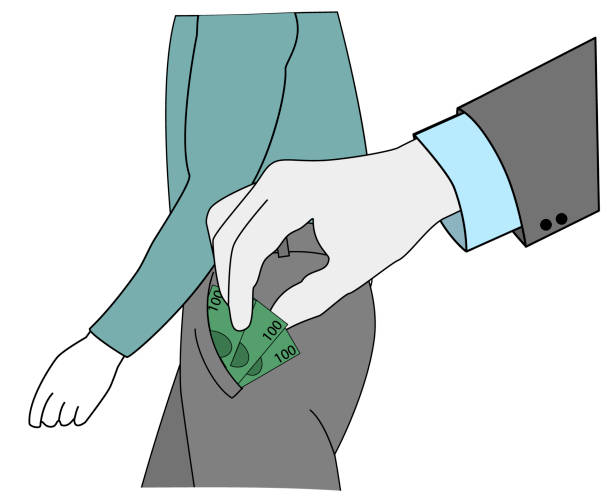House Bill 1904 (HB 1904), introduced by Representative Strom Peterson (D), would increase rents and reduce available rental housing in the residential rental market. The bill would put a 3% cap on rent increases annually, unless the property owner gives at least 6 months’ notice to the renter of the increase. A renter would then be able to terminate an existing lease, without penalty. The bill would also create a right of action for treble damages against a property owner that continues to collect rent according to the original lease agreement, if the tenant decides not to accept a 3% (or other amount) rent increase.
Rents are going to increase as property owners will want higher rents to mitigate the risk of a renter walking away from a lease without a penalty. This cost will be passed onto all the renters, including ones with excellent credit and rental histories who pay rent on time.
Property owners, to avoid the instability that HB 1904 would create, are likely to offer leases limited to 12-months to avoid the penalties and liabilities prescribed under HB 1904. It is cheaper to allow a tenant to vacate a property after 12 months and then start a new lease with a new tenant at the market rental rate, than lose several months of rent because a renter walked away from a lease early.
HB 1904 would likely create automatic escalators in the original lease agreements (similar to the commercial real estate market) to allow increases above 3% to avoid the HB 1904 restrictions. By accepting the lease agreement in advance, HB 1904 would not be applicable.
The current rate of inflation in the US, created in part by uncontrolled federal spending, is estimated to be 7%. Property owners will be losing 4% of the rent value even if they increase rents by 3% as prescribed by HB 1904. Property owners will not rent properties at a loss and as a result, less rental property will be available.
HB 1904 also caps the late fee penalty at 0.5% of the monthly rent, which will force property owners to increase rent further to mitigate the financial risk from bad renters.
HB 1904 would cost renters more money, increase liability for property owners and decrease rental property availability. The increased costs will be amortized across all renters irrespective of a renter is a good or bad tenant.
Decreasing the available rental inventory will drive up rental costs making the rental shortage situation worse.
HB 1904 is poor policy that is looking for a problem that does not exist and will not result in better renter protections. It will lead to less rental property availability and higher rents and should not be adopted.






